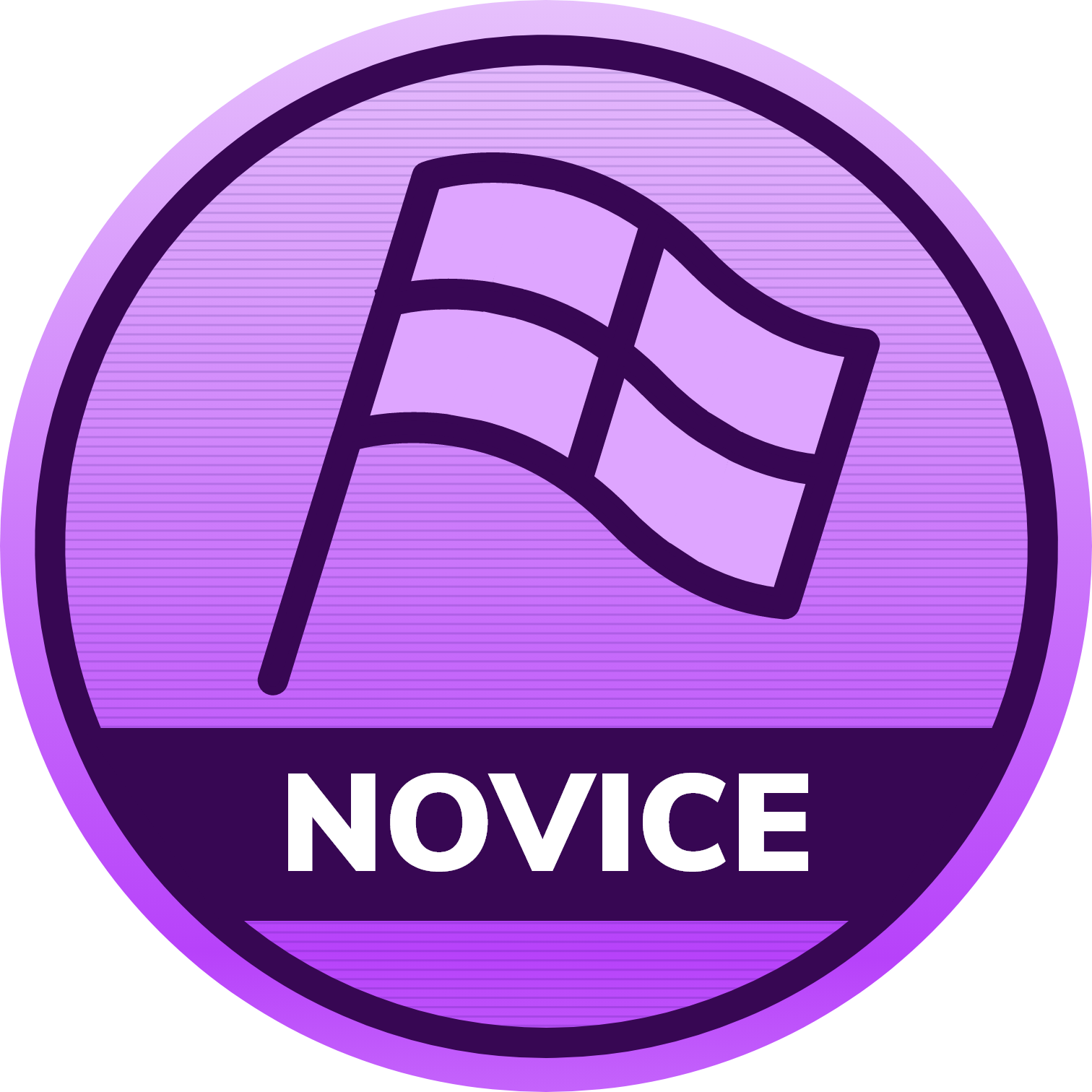Hey everyone,
I’ve been getting deeper into Linux lately and keep hearing about “package managers” and how important they are. I get the basic idea that they help install and update software but I’d love a clearer picture of how they actually work and why they’re such a big deal in the Linux world.
Also, what’s the difference between a package and a package manager? And why are there so many of them: APT, YUM, DNF, Pacman, etc.?

 488 Views
488 Views


